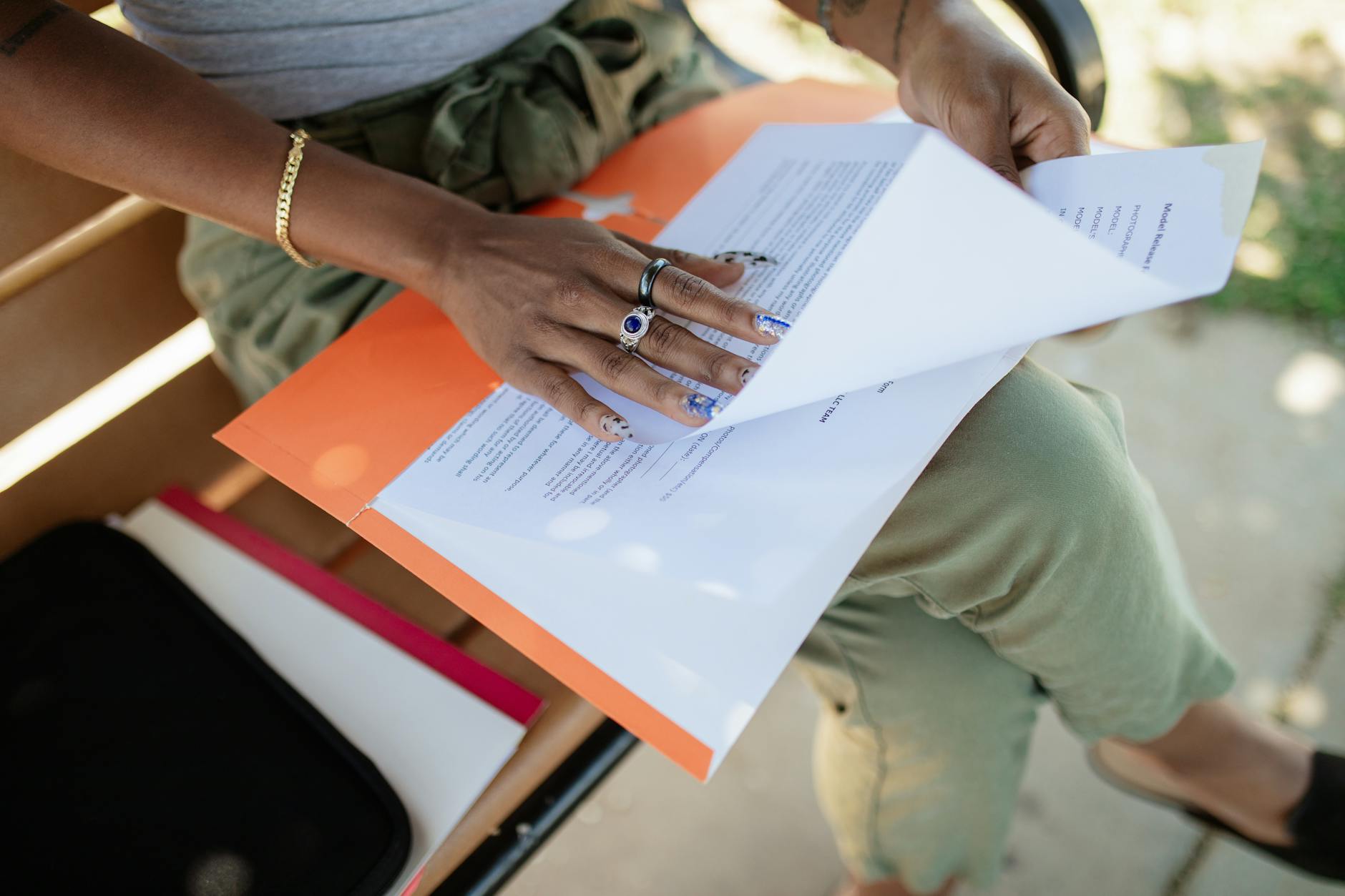Category: How-to Guides
-

Should Students Write Informally at School? Exploring the Benefits and Drawbacks
Students are often guided to write in a formal style for assignments and exams, but informal writing can also play a vital role in education. Incorporating informal writing in school can enhance creativity and help students express their thoughts more freely. This approach allows you to connect better with your peers and teachers, fostering a…
-

Best tools for making emails more formal & professional
Here’s a list of some of the best tools to help you craft polished, professional, and formal emails.
-

How to Convert Informal into Formal Text: A Step-by-Step Guide
Converting informal text into formal language is a valuable skill, especially in academic and professional settings. Recognizing the differences between casual and formal language can significantly improve my writing and communication effectiveness. Whether I’m drafting an email to a colleague or preparing a report, choosing the right tone ensures my ideas are conveyed clearly and…
-

How to Convert Formal into Informal Text: A Simple Guide
Converting formal text into informal language can make your writing more relatable and engaging. By using simple words and a casual tone, you can connect better with your audience. Whether you’re writing a blog post, an email, or even social media content, a more relaxed style can help convey your message effectively. I often find…
-

How to Write a Formal Email: Essential Tips for Professional Communication
Writing a formal email is an essential skill in today’s professional world. A well-crafted formal email can enhance your communication and reflect your personal brand effectively. Whether you’re reaching out for networking, applying for a job, or addressing a concern, the way you present your message matters. In this blog post, I will walk you…
-

Examples of Formal and Informal Language and Words: A Comprehensive Guide
Understanding the differences between formal and informal language is essential for effective communication. You need to know when to use each type to ensure your message is received as intended. Whether you’re writing a report for school or having a casual conversation with friends, the words you choose can shape how your audience perceives you.…
-

How to Write Formal and Informal Letters: A Comprehensive Guide
Writing letters is an essential skill that helps you communicate effectively in both personal and professional settings. Understanding how to write a formal or informal letter can enhance your communication and open doors for opportunities. Whether you need to make a request, express gratitude, or just catch up with a friend, knowing the appropriate format…
-

With Whom Do We Use Formal Language: Understanding Contexts and Relationships
Using formal language can enhance your communication, making it clearer and more effective, especially in specific contexts. You should use formal language when addressing professionals, in academic settings, or during important events. Understanding when to switch between formal and informal language is crucial for making the right impression. In professional settings, using formal language signals…
-

Differences between informal and formal writing styles
Check the nuances and distinctions between informal and formal writing styles to better understand their appropriate applications.